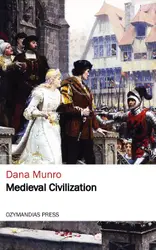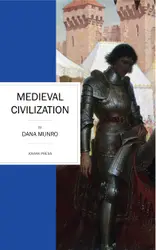THE Latin which gave birth to the Romance languages was vulgar Latin, that is, the Latin of the common people. It accompanied the soldiers of the legions, the colons, and the emigrants of every kind, from Italy into the provinces, and thus became the language of the people of all Western Europe--the spoken, not the written, language. We can reconstruct this language to a certain extent, with the aid of the hints let fall by different writers, but only in a most general way. It is wellnigh impossible to follow the alterations which it underwent through contact with the native dialects in Gaul and elsewhere. The essential fact to remember is that it differed from the literary Latin of the educated classes. It gained undivided sway over the lower classes, to the exclusion of the speech of their fathers, and after a long and determined struggle with the literary Latin of the upper classes, it won recognition, when at length the decay of higher learning delivered to it the whole of society. It could now expand everywhere, develop freely according to its own inner law, and finally, under the form of the Romance tongues, usurp the place of the older Latin...
Medieval Civilization
Kom igång med den här boken idag för 0 kr
- Få full tillgång till alla böcker i appen under provperioden
- Ingen bindningstid, avsluta när du vill
Författare:
Språk:
Engelska
Format:
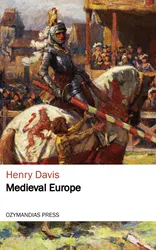
Medieval Europe

The Word Museum: The Most Remarkable English Words Ever Forgotten

Medieval Europe
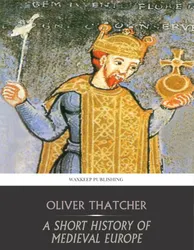
A Short History of Medieval Europe

American : Beyond Our Grandest Notions

Cambridge Medieval History: Germany and the Western Empire
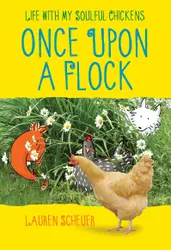
Once Upon a Flock : Life with My Soulful Chickens
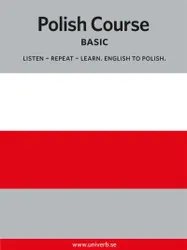
Polish Course

Dear Sparkle: Cat-to-Cat Advice from the world's foremost feline columnist
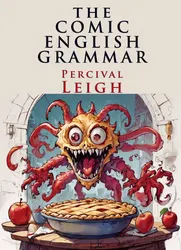
The Comic English Grammar: A New and Facetious Introduction to the English Tongue

The French Revolution

Empty Labor : Idleness And Workplace Resistance

